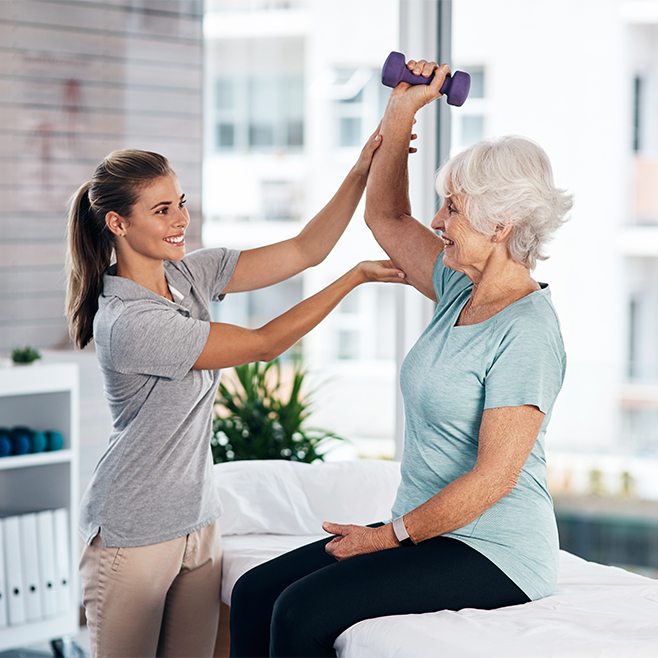Empowering Clients Through Instruction in Cardiac and Pulmonary Rehabilitation to achieve Enhanced Recovery plus Quality in Life.
Cardiopulmonary rehab represents an important program designed to assist individuals recover from heart and lung conditions. It focuses on improving patients' fitness-related wellness, education, and overall health. Individuals who participate in these initiatives often experience improved recovery and a higher quality of life. By offering instruction tailored to personal needs, cardiopulmonary rehab empowers patients to take charge of their health and take informed choices about their treatment and lifestyle.One key aspect of cardiopulmonary rehab is exercise regimen. Physical activity is vital for strengthening the cardiovascular system and respiratory system, which can become impaired due to disease or inactivity. Patients typically participate in supervised exercise classes that are safe and slowly escalate in intensity. These sessions assist to build endurance and improve overall fitness-related function. As patients grow more active, they often observe improvements in their vitality capacity and daily activities, such as strolling, ascending stairs, and participating in social gatherings.
In addition to physical activity, instruction plays a major role in cardiopulmonary rehabilitation. Individuals gain knowledge about their specific view publisher site conditions, treatment alternatives, and the importance of lifestyle modifications. This instruction assists clarify their illnesses and reduces feelings of anxiety or discontent. Comprehending how their physiology function and the impacts of drugs and therapies allows individuals to make better decisions regarding their health. Knowledge about subjects like diet, tobacco cessation, and stress control can lead to permanent modifications that encourage official source recovery and prevent future problems.
Another important component of rehabilitation is psychological support. Living with chronic heart or pulmonary ailments can be difficult and may result to feelings of stress or depression. Individuals are often motivated to share their experiences and feelings in a nurturing community setting. This fellow bond can be extremely beneficial, as it offers a feeling of community. Assistance from medical professionals, family, and friends also plays a vital role in the rehabilitation process, helping to build strength and motivation.
In summary, the goal of cardiopulmonary rehabilitation is to enhance recovery and boost standard of life for patients. Through tailored exercise programs, comprehensive education, and psychological support, individuals are enabled to manage of their well-being. By proactively engaging in their recovery journey, patients can undergo a refreshed sense of confidence and independence. This holistic approach not only assists in bodily healing but also fosters a healthier mindset, resulting to a more fulfilling life in spite of the difficulties of living with heart or lung conditions.
